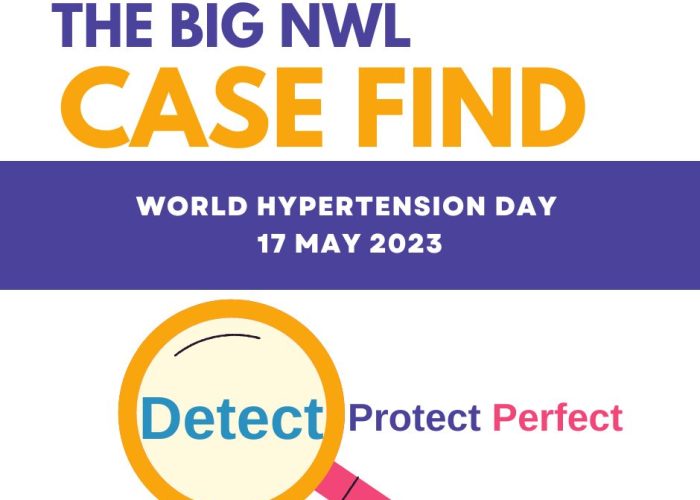
Andi Orlowski, ICHP’s Head of Business Intelligence, on insights from the New Care Models Population Health Analytics Network Event.
When I attended the recent New Care Models Population Health Analytics Network Event, it really made me think about the benefits that access to good data, and good population health data in particular, can have for our boards and senior leaders when they are making decisions.
What seems to be important is that we help to educate our leaders on what population health data can do for them; and what it can’t.
So, how do we support effective data-led decision making?
Addressing current healthcare deficits
Firstly, the workshop at the Health Analytics Network Event identified that we need to help our senior leaders move away from using data solely to assess ‘performance’ and give them the tools and knowledge to be able to look at population health in a more meaningful way. For example, population health provides us with a potentially powerful way to help address our current healthcare deficits, by enabling us to move towards prevention and predictive models for the future. It also provides us with the information and evidence to change service delivery in a way that achieves consistency and equity of care, ultimately achieving an integrated systems approach to reducing health inequalities. Critically, this means helping our boards to take a much longer view, and avoid making snap decisions based on small or incomplete data sets.
What can the data actually tell us?
We need to demonstrate to our boards what questions can and cannot be asked of the data; helping them to appreciate its limitations and understand how the data can be fairly assessed and the time needed to answer a specific question. The ultimate ambition, of course, is for our boards to be asking the question “what data do we need?”
To do this some organisations are now creating specific digital lead roles at board level, such as Guys and St Thomas Hospital. Another great example is the Kent Integrated Data Set (KID), which is being used by leaders in the county to help with capacity modelling and service evaluation.
Good behaviours start from the top
Ultimately, we know that good data-led behaviours start from the top. The more our boards are able to interact with the increasing array of population health tools at their disposal, the easier it will be to improve interactions with the data across the whole organisation.
As Geraint Lewis, Chief Data Officer, NHS England, tells us:
Analytics has an crucial role in helping leaders understand the health needs of their population and the important sub-populations within it. That, however, is only the start of the story. A crucial next step is to identify opportunities within the data to improve the quality, efficiency, and equity of the care that is being delivered. Finally, it is important to establish feedback loops that help leaders of the organisation to understand the impact and refine interventions they have put in place on the back of these insights.”
For Imperial College Health Partners the take-away from this is clear. The opportunities to gain better knowledge from population health methodologies, leading to the ability to make better informed decisions at all levels, top to bottom, are truly astounding.
You can follow Andi on Twitter.



